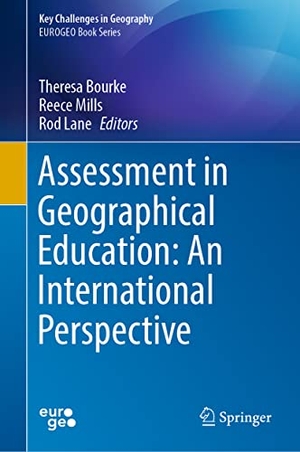Für statistische Zwecke und um bestmögliche Funktionalität zu bieten, speichert diese Website Cookies auf Ihrem Gerät. Das Speichern von Cookies kann in den Browser-Einstellungen deaktiviert werden. Wenn Sie die Website weiter nutzen, stimmen Sie der Verwendung von Cookies zu.
Cookie akzeptieren
Assessment in Geographical Education: An International Perspective
- Springer International Publishing
- 2022
- Gebunden
- 240 Seiten
- ISBN 9783030951382
In recent years there has been increased attention paid to the importance of assessment in Geographical Education, the chosen subject for this book. Assessment is an important tool for collecting information about student learning and for providing timely data to inform key stakeholders including students, teachers, parents and policymakers. To be effective, assessment needs to be valid, reliable and fair. Validity is about ensuring that we assess what we claim we are assessing. Reliability is about measuring performance and understanding in a consistent way. Without validity and reliability, assessment is unlikely to provide equitable opportunities for students to demonstrate what they know and can do. As
Mehr
Weniger
zzgl. Versand
in Kürze